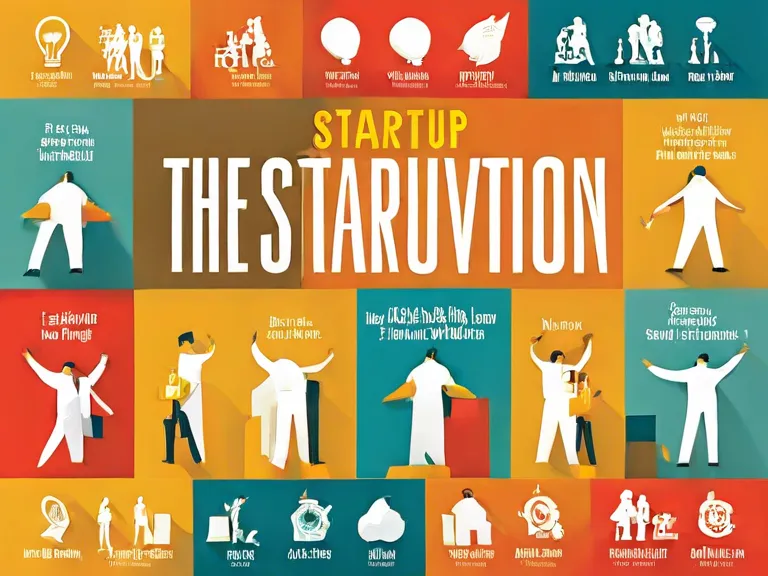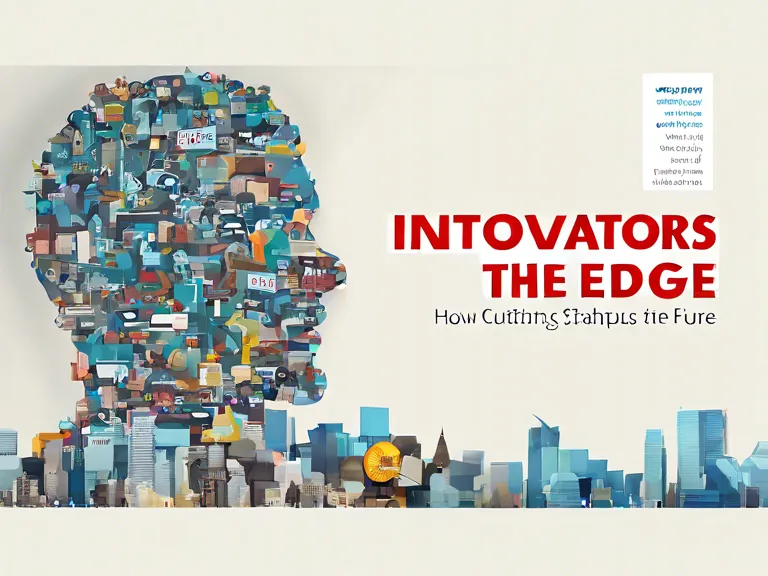
In today's fast-paced world, the startup revolution is changing the way we innovate. Agile thinking, characterized by flexibility, collaboration, and rapid iteration, has become the driving force behind modern innovation. Startups are embracing this mindset to bring groundbreaking ideas to market quickly, disrupting traditional industries and creating new opportunities. This article explores how agile thinking is fueling the startup revolution and shaping the future of business.
One of the key components of agile thinking is the emphasis on continuous learning and adaptation. Startups are constantly testing and refining their products or services based on user feedback, market trends, and technological advancements. This iterative approach allows them to quickly pivot and respond to changing demands, giving them a competitive edge in the market. By staying nimble and open to change, startups can innovate at a rapid pace and stay ahead of the curve.
Collaboration is another hallmark of agile thinking. Startups often work in cross-functional teams, bringing together diverse perspectives and expertise to solve complex problems. By fostering a culture of communication and collaboration, startups can leverage the collective intelligence of their team members and drive innovation in ways that traditional hierarchical organizations cannot. This collaborative approach enables startups to tap into a wealth of ideas and solutions, leading to more creative and effective outcomes.
The startup revolution is also characterized by a focus on customer-centricity. Startups are obsessed with understanding their customers' needs and pain points, and designing solutions that address them effectively. By putting the customer at the center of their innovation process, startups can create products and services that resonate with their target audience and drive loyalty and retention. This customer-centric approach not only leads to better products but also helps startups build strong, lasting relationships with their customers.
In conclusion, agile thinking is at the core of the startup revolution, driving modern innovation and shaping the future of business. Startups that embrace flexibility, collaboration, and customer-centricity are able to bring groundbreaking ideas to market quickly, disrupt traditional industries, and create new opportunities. By adopting agile thinking, startups can stay ahead of the curve and drive meaningful change in the market.

